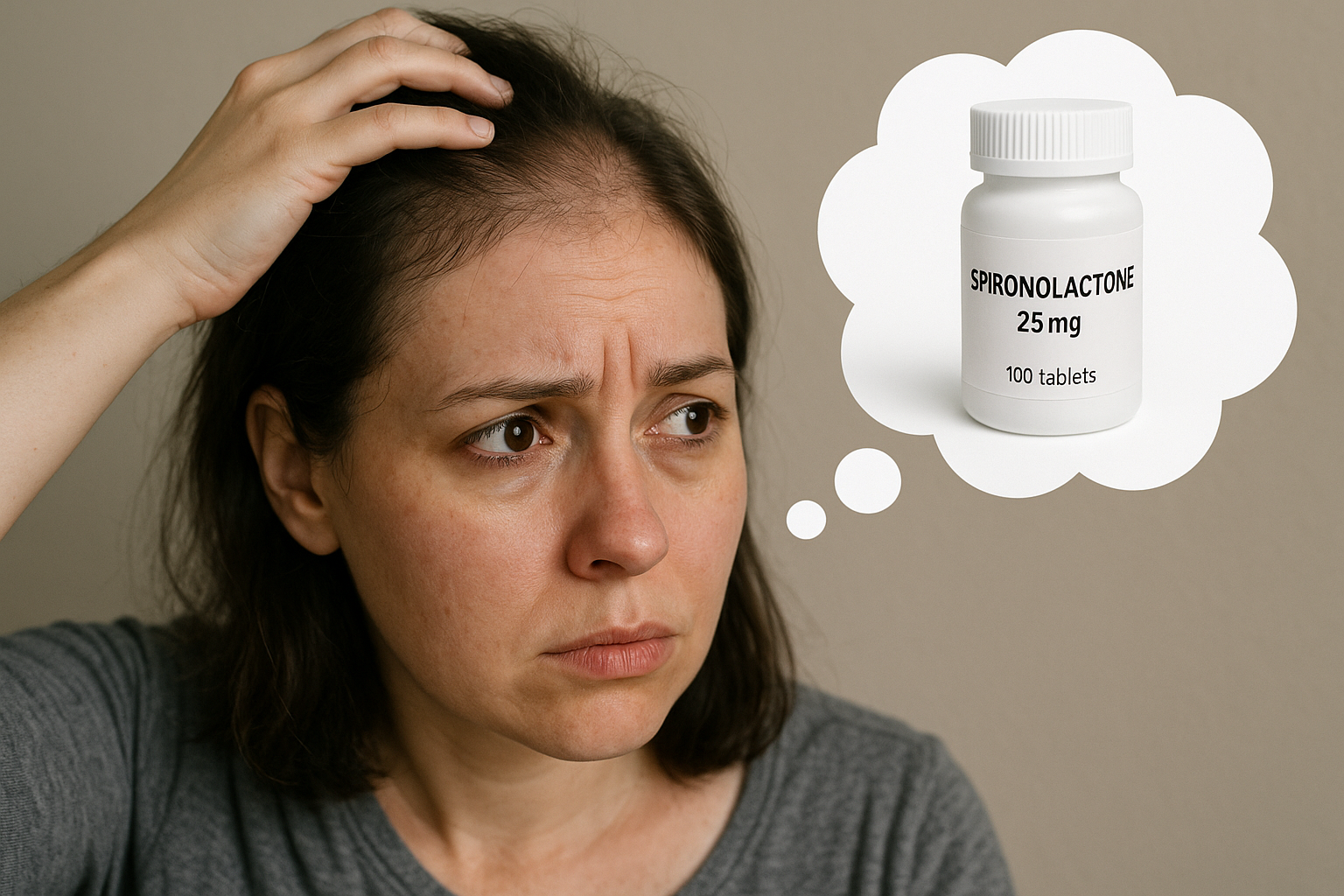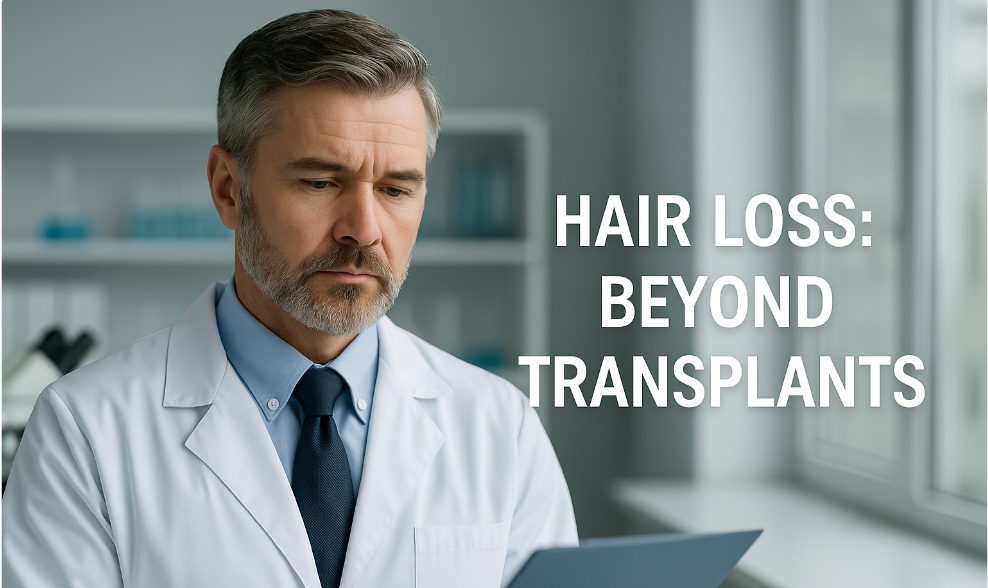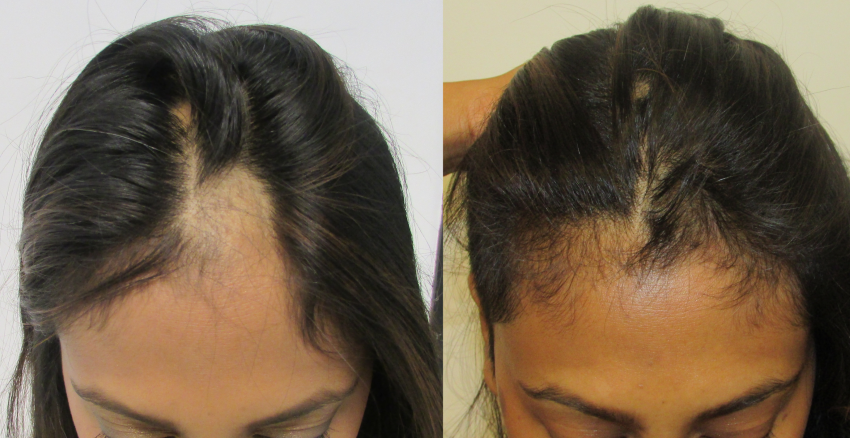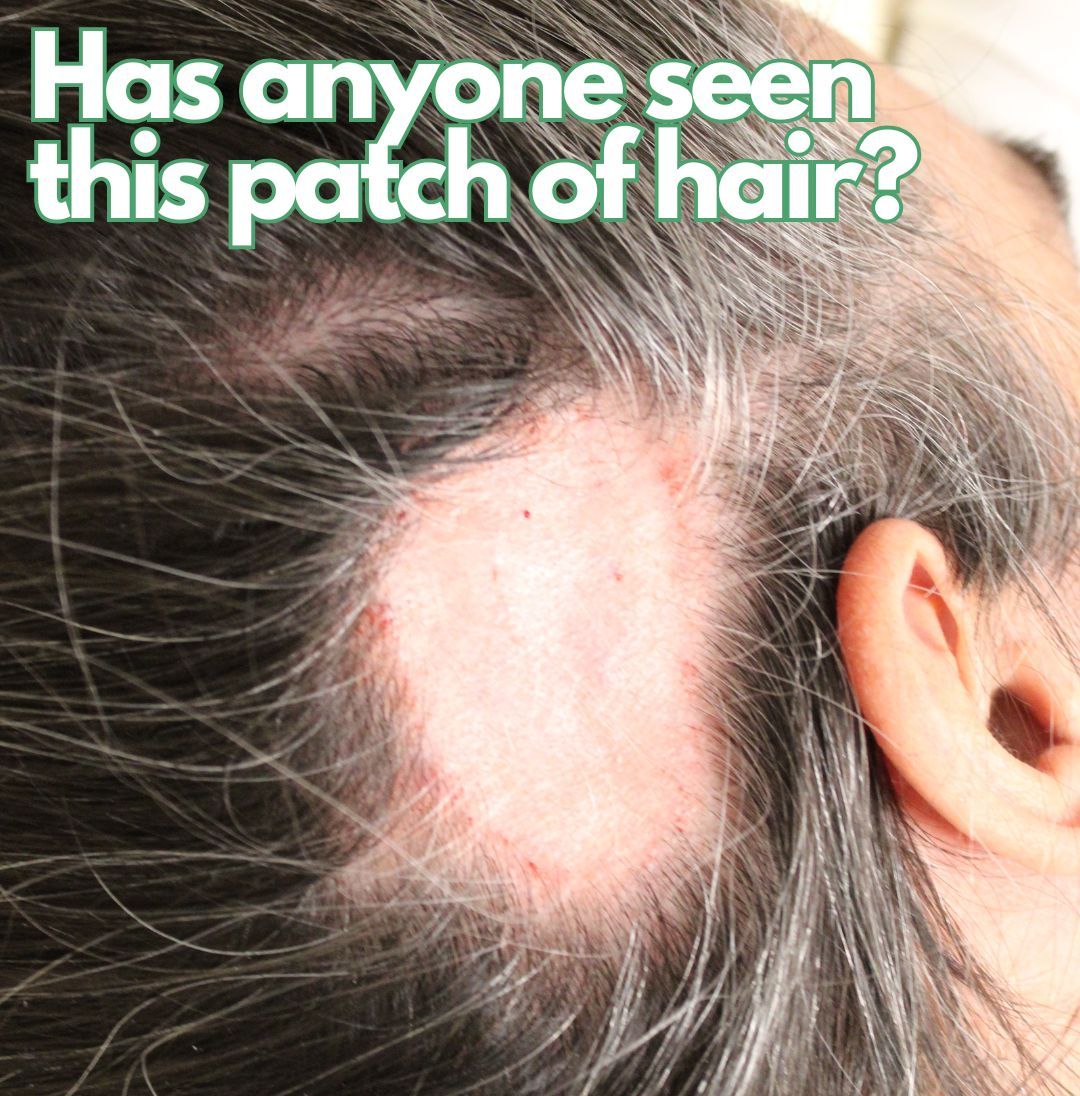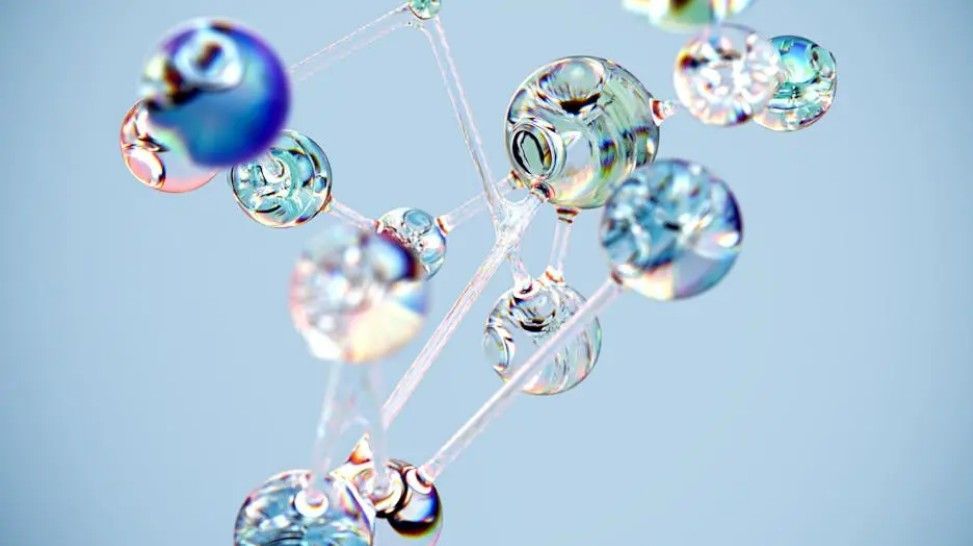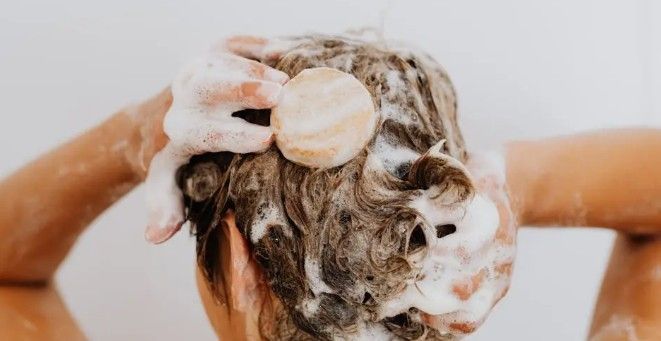12 Myths about Thicker Hair Debunked
Learn the truth about achieving thicker hair and dispel common myths.
Get expert tips for improving hair thickness and health.
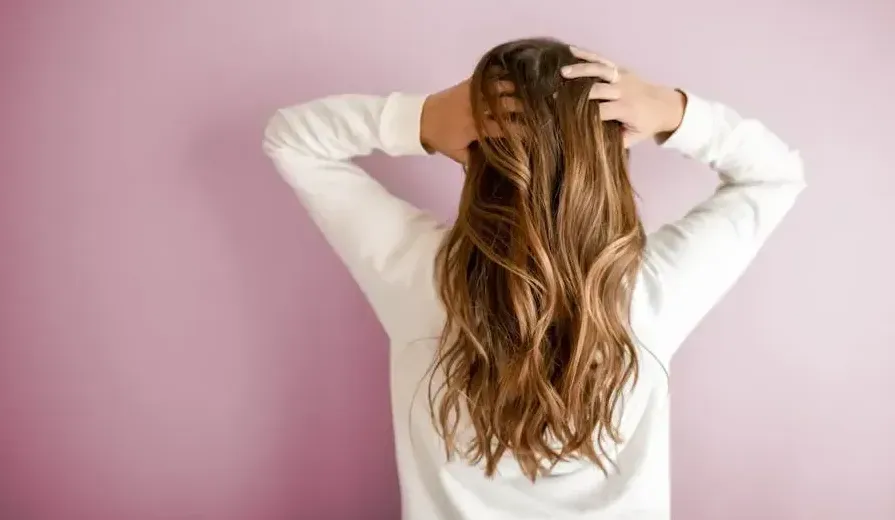
When it comes to achieving that luscious, thicker hair we all dream of, there are countless myths floating around that can make it hard to know what to believe. In this blog post, we'll set the record straight by debunking the most common misconceptions about thicker hair. Get ready to learn the truth and discover what really works for achieving the hair of your dreams!
1. Shampoos Can Make Your Hair Thicker
Many believe that certain shampoos can add volume and thickness to hair, but the truth is that while they can temporarily make hair appear fuller, they don't change the actual hair structure. Instead, they often coat the hair shaft, creating the illusion of thickness. However, this effect is short-lived and won't contribute to true hair health. To truly support thicker hair, focus on shampoos that clean the scalp and promote hair growth rather than just adding volume.
Moreover, it's essential to choose products that are suitable for your hair type. For instance, ingredients like biotin and keratin may help strengthen existing strands, giving an appearance of thicker hair over time. Remember, rather than relying on a single product, a holistic approach to hair care—encompassing scalp health and mindful styling—will yield better results.
2. Brushing Hair More Leads to Thicker Strands
It's often said that excessive brushing stimulates hair growth, but over-brushing can actually lead to breakage, not thicker hair. Each stroke can pull at the strands, stressing them instead of promoting healthy growth. While gentle brushing can help distribute natural oils and add a bit of shine, moderation is key. Aim for brushing only when necessary, and use tools designed to minimize damage.
Interestingly, methods like scalp massages can be more effective in stimulating growth without the risk of breakage. This technique helps increase blood flow to the hair follicles, creating an environment conducive to healthy hair growth. So, consider laying your brush down a bit more and opting for gentler, more effective ways to care for your locks!
3. Oily Hair Means It's Healthy Hair
While natural oils can be good for your hair, greasy hair isn't necessarily healthy. In fact, excess oil can weigh hair down, making it look thinner. Your scalp produces oil to protect and nourish strands, but balance is crucial. The challenge lies in knowing how much is too much—environmental factors and personal lifestyle can play significant roles here!
To achieve optimal hair health, focus on a proper washing routine that matches your hair type. Those with oily scalps may find that daily washing works best, while dry scalps might only need cleansing a couple of times a week. Ultimately, understanding your hair's individual needs will empower you to maintain its natural beauty.
4. Frequent Haircuts Will Cause Hair to Grow Thicker
Getting regular trims is important for healthy hair, but it doesn't affect the thickness of hair strands. Hair growth starts from the roots, and while snipping away split ends improves overall appearance and prevents further damage, it does not increase thickness. It's easy to confuse the luscious look of fresh ends with actual hair growth!
However, maintaining a schedule for trims is crucial for people focusing on hair health. Healthy habits, like regular haircuts, contribute to a better long-term appearance and can work wonders for thin or damaged hair. Ultimately, create a routine that balances trimming with proper at-home care for the best outcome.
5. Dietary Supplements Always Improve Hair Thickness
While certain vitamins can support hair health, taking supplements alone won't magically make your hair thicker unless paired with a balanced diet. Nutrients such as biotin and zinc are known to play a role in hair maintenance, but they must come from a holistic approach that includes real food. Think of your diet as the foundation for hair health—without wholesome foods, supplements may not be as effective.
Incorporating natural sources of these vitamins, such as leafy greens, nuts, and fish, will allow your body to absorb nutrients more efficiently. It’s important to remember that true hair thickening is not a quick fix—it requires lifestyle changes and commitment. So, before rushing to the store for the latest hair growth supplement, consider evaluating your overall nutrition first!
6. Wearing Hair Up Causes It to Thin
Though tight hairstyles can cause breakage, wearing your hair up does not inherently lead to thinner hair. It's all about how you style it! Loose buns or ponytails can keep hair off your face and neck without putting undue stress on the strands. In fact, a variety of styles can protect your ends and help minimize exposure to damage from the elements.
If you enjoy wearing your hair up frequently, be cautious about the tension applied. Using soft hair ties and allowing your hair to rest from tight styles will ensure you’re not sacrificing thickness for convenience. Learning to balance your style choices can lead to healthier hair in the long run.
7. Coloring Hair Destroys Its Thickness
Coloring can damage hair if not done properly, but it doesn't necessarily make hair thinner. In fact, many have experienced stunning transformations by coloring their hair and maintaining its health with the right products. The key lies in nurturing your hair post-coloring. A proper conditioning routine can restore moisture and keep strands feeling thick and healthy.
Additionally, always consult with professionals and use quality products designed for color-treated hair. Incorporating hydrating masks and protective serums into your routine can go a long way in maintaining thickness and healthy texture—even after a major color change!
8. Thicker Hair Is a Genetic Gift
While genetics play a role in hair thickness, lifestyle choices and proper care can significantly influence hair health and appearance. Many individuals mistakenly believe their genetic predisposition is the only determining factor, but factors like nutrition, stress management, and hair care practices play monumental roles in creating the thick hair we desire.
Empowering yourself with knowledge about these areas can shift your focus from feeling helpless about your hair type to actively nurturing it. Remember, consistent care and a loving routine can bridge the gap and allow you to obtain the thick, luscious locks you've always wanted.
9. Heat Styling Always Leads to Thinning Hair
Heat can damage hair, but when used correctly and with protective products, you can enjoy styling without necessarily causing severe thinning. Many believe that avoiding heat styling altogether is the only solution, but this doesn't have to be the case. Products like heat protectants are crucial to safeguarding the hair cuticle from damage while allowing you to achieve your desired style.
Additionally, exploring different styling methods, like air-drying or using lower heat settings, can greatly contribute to maintaining healthy strands. Remember, striking a balance between looking fabulous and nurturing your hair is key to achieving thickness.
10. Dandruff Is Just an Aesthetic Problem
Dandruff can indicate scalp health issues that, if left untreated, might contribute to hair thinning, showing the importance of proper scalp care. It’s a common misconception that dandruff is a mere cosmetic concern; in reality, it's often a sign of imbalance within the scalp. Addressing these underlying issues early on can help you maintain healthy hair and prevent any long-term effects on thickness.
Investing in scalp-specific treatments or changing your shampoo routine might be the first step to reducing flakes and improving overall hair health. When your scalp is in optimal condition, it creates a supportive environment for hair growth—and thick, luscious locks can follow!
11. Hair Growth Products Are All the Same
Not all hair growth products are created equal. Choosing effective products that suit your hair type is crucial for promoting thicker hair. With a plethora of products available in the market, it’s easy to assume they all deliver the same results, but the reality is that ingredients, formulation, and specific needs can vary greatly. Finding the right product means taking your specific hair goals into account, whether it’s enhancing volume, managing curls, or supporting overall health.
Consider consulting a professional for personalized recommendations. They can guide you towards the most suitable options for your hair type and needs, maximizing your chances of achieving the hair you desire. Remember, it’s not just about grabbing the trendiest product—it’s about understanding your hair and making informed choices!
12. Stress Only Affects Hair in the Short Term
Chronic stress can lead to hair thinning over time, making stress management a vital part of maintaining hair thickness. Many people experience noticeable hair changes during stressful periods; however, sustaining that stress long-term can lead to prolonged effects on hair health. Understanding the link between emotional well-being and physical health is crucial for those seeking to maintain thicker hair.
Incorporating calming routines into your life, such as yoga or meditation, can positively impact both your mental state and your hair. Remember, taking care of your hair is as much about your emotional health as it is about your products and routines. Prioritize stress management to support your hair journey.
If you hair is not just thin, but thinning, or even balding or receding, then the best course of action is an accurate diagnosis to learn what is causing the problem. Randomly trying different things which may or may not be directed at your actual problem just wastes not only money but time.
Learn more about Stop and Regrow's hair loss diagnosis process using blood tests here.

